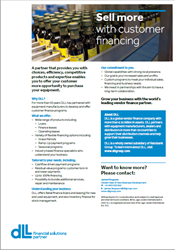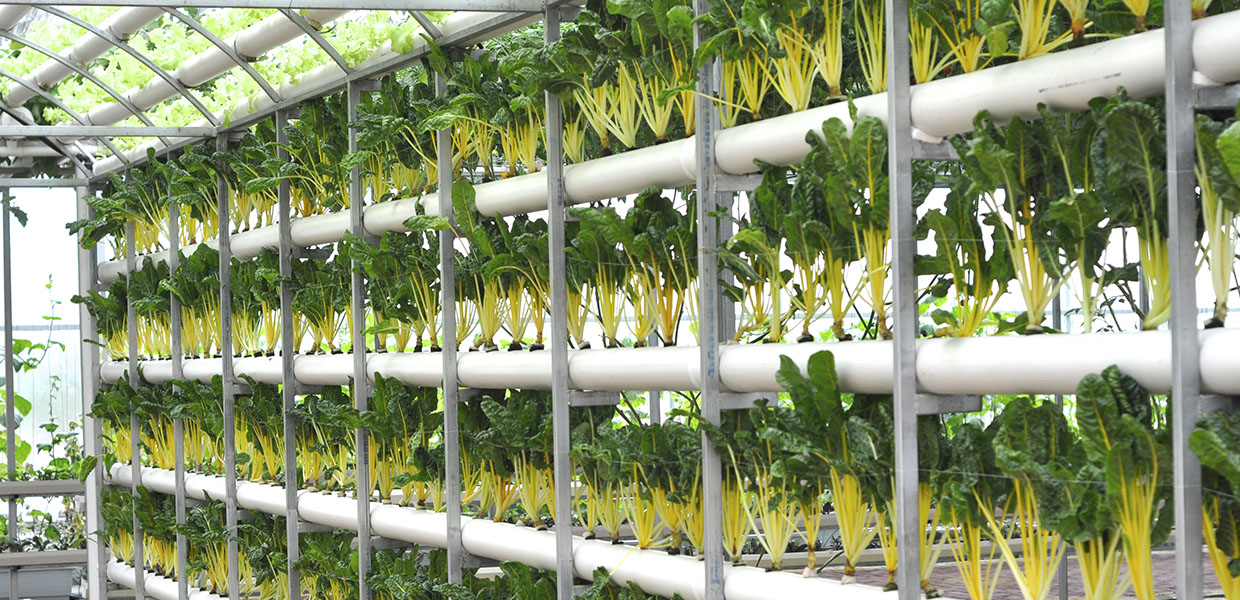Health and wellness is a trend that has been driving change in food and beverages worldwide for several years now. Increasingly, people have been focused on maintaining good health, including the consumption of healthier, more nutritious foods and changes in their diets.
Additionally, with a growing world population putting an enormous pressure on future food demand, today’s protein production will be unable to meet future demand. Both consumer and the industry are looking into plant-based food products. Plant-based food products are finished product consisting of ingredients derived from plants that include vegetables, fruits, whole grains, nuts, seeds, and/or legumes.
Plant-based food bringing new opportunities
Meticulous Market Research states the plant-based food market is expected to grow at a CAGR (Compound Annual Growth Rate) of 11.9% from 2020 to 2027 to reach $74.2 billion by 2027.
Although the trend already started before the pandemic, the COVID-19 crisis accelerated this transition with an intensified shift in consumer purchasing toward natural and organic products that enhance health and immunity.
As the popularity of plant-based meat continues to rise, it is expected that the dominance of soy protein will be challenged by developments in other plant-based protein sources. A report from Fitch solutions states that the use of pea protein will most likely grow significantly, benefiting Canadian yellow pea producers and ingredients manufacturers. European pea production will also grow as high-protein crops are promoted, although it will not match Canada, which will remain a top exporter.
Food industry anticipating market demands
Food suppliers are anticipating on these new market demands. In May this year for example, AgFunderNews published that JBS, the world’s biggest meat processor, agreed to acquire Netherlands plant-based protein brand Vivera in a deal worth €341 million ($409 million). Vivera is Europe’s third-largest plant-based protein producer. JBS said the acquisition “strengthens and boosts” its position in the burgeoning alt-protein market by adding a brand to its existing animal-free portfolio that is well-established in consumer preference.
Similarly, Alt-protein company Beyond Meat and beverages giant PepsiCo established ‘The PLANeT Partnership’ committed to develop a range of plant-based snacks and drinks.
Dutch company Schouten entered the market with a fish alternative – TuNo, a plant-based tuna. A very welcome product innovation also to combat overfishing.
The rising popularity of seafood replacements has prompted the industry to set a new standard for no-catch products. Therefore, October 2020, auditors of the fishing industry introduced an environmental certification system for plant-based seafood. It includes criteria such as limited pesticide use and energy efficiency standards, along with social responsibility criteria.
Human health and wellbeing are not the only consumer drivers for plant-based food. Animal welfare and sustainability have been equally important.
Push from governments
In fact the latter has got focus from many governmental institutions. For example, the European Union introduced its Farm to Fork Strategy aiming to make food systems fair, healthy, and environmentally friendly. Encouraged by this, the Flemish government introduced ‘the Green Deal Protein shift’ focused on decreasing environmental pressure and in the meanwhile benefitting human health.
Innovation and research are crucial for the food industry to cope with shifting market demands and industry legislations. Since innovations take place in a rapid pace, the plant protein market is quickly becoming very competitive.
Making plant-based production scalable
Producing plant-based protein requires complex equipment and processes. And as soon as manufacturers have the right equipment on site, scalability is essential. Scaling up to a commercially viable product can be a tough road because required investments might be out of reach. Financing can take away certain barriers and make scalability more attainable and easy. Contrary to a bank, DLL offers asset-based financing with longer tenors, up to 100% financing, and flexible payment schemes.
Curious to learn how we could support your business? Feel free to contact James Ferguson, Global Head of New Business Development via james.ferguson@dllgroup.com.



